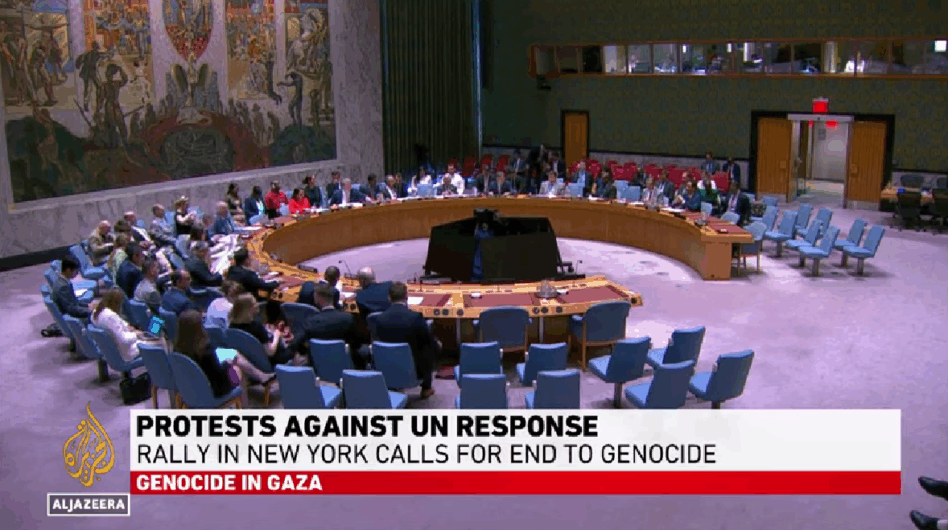THE appointment of a new Prime Minister and the swearing-in of his Cabinet must act as a clarion call for all policymakers to now focus their attention towards facilitating economic recovery while stopping any unnecessary leakages that may weigh down Malaysia’s growth.
In fact, the new Government must put forth a clear and actionable recovery plan-based on the United Nation’s (UN) Sustainable Development Goals (SDG) as benchmarks to stabilise the economy, according to Associate Professor Dr Pek Chuen Khee from the USCI University’s Tan Sri Omar Science, Technology and Innovation Policy Centre.
“This plan will re-energise businesses and industries, especially the small-and-medium enterprises (SMEs),” he told FocusM.

“Simultaneously, it is also important that the Government ensures fiscal and debt sustainability due to the several high-budget allocation programmes such as the PENJANA (Short-term Economic Recovery Plan) and PEMULIH 2021 (fiscal stimulus) that were put in place to assist people and businesses impacted by the global pandemic.”
In relation to this, Pek said the M40 and B40 groups must be able to reach out easier for financial assistance to address the hardships faced.
This financial assistance can come from the cash-giveaways by the Government and lower interest and flexible personal loans from the banks. A loan moratorium is good assistance not only to individual lenders but also businesses.
All-in-all, it is also critical that the new administration can resume the previous Government’s policies and efforts without significant disruptions.
“Policy stability and continuity are key factors to restore the public’s confidence in the Government as well as elevate business and consumer confidence in the economy,” said Pek with reference to the Department of Statistic’s report yesterday which indicated Malaysia’s business confidence index dropped by 21.3% in the 3Q 2021 with all industries feeling pessimistic and the retail sector being the gloomiest.
Elsewhere, Pek is also concerned with the high level of leakages, especially from the shadow economy.
“Stopping illicit trafficking like the illegal trade of cigarettes should be one of the key areas of focus for this new administration,” he pointed out. “The high cigarette price in Malaysia, the third highest in the region, has motivated the smokers to substitute theirs desires with cheap illegal cigarettes.”
The current minimum selling price of legal cigarettes is RM12, while illegal cigarettes – readily available anywhere including on e-commerce platforms – can be purchased between RM5 to RM8.
In terms of solutions, Pek added: “The common measures used by many other countries can be banning transhipped cigarettes, excise tax moratorium and stricter policy environment to address illegal cigarette trading in the black market.” – Aug 27, 2021
Photo credit: Labour IQ









